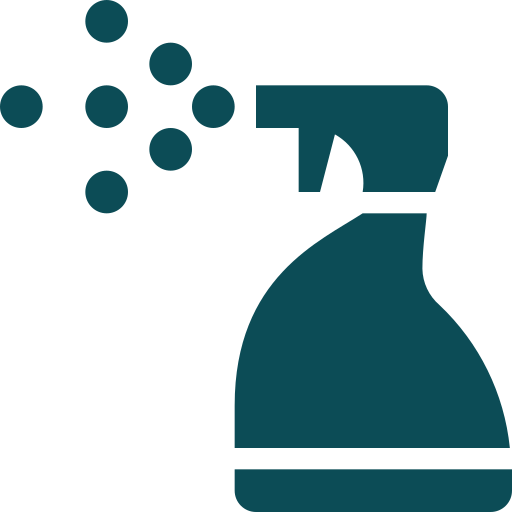December 19, 2022
This report explores the volume and types of green claims consumers see across social and mainstream media, and packaging and promotional material. It seeks to understand what type of green claims influences consumers and how often consumers act on green claims. It also identifies factors that influence consumers trust of green claims and what happens if consumers find out a business has engaged in greenwashing.
Online and off, consumers are bombarded with claims about green and sustainable features. Marketers and businesses are trying to tap into a growing desire of many Australians to actively look after people and planet when choosing consumer goods. Yet the nature of these claims means that consumers can’t verify them—they are left hoping that businesses are doing the right thing and following through on their sustainable promises.

In 24 hours, our researcher documented 122 green claims across 17 sectors from groceries, personal care products, banking, and superannuation.
Only 39 of 122 green claims had any supporting evidence or verification to provide confidence that the claim was accurate or meaningful.
74% of people recall seeing green claims on product labels.
Consumers are using green claims to make purchasing decisions. 45% of Australians always or often consider sustainability as part of their purchasing decision-making.

55% of people who said sustainable was a key part of their decision-making recalled seeing green claims on ads in public space and physical displays compared to 6% of the general population.

40% of Australians 18-24 years old said they used a trustmark to fact-check a green claim compared to 29% of the general population.

47% Household cleaning products

42 % General groceries

30% Beauty and personal care products
At least 50% of people said they were worried about green claim truthfulness across every sector.
56% of people said they are more likely to trust a green claim made by both small or local businesses and Australian businesses
29% said they would trust green claims made by an international business.
69% of people said they were likely to trust a green claim that had a trustmark with it.
45% of Australians think someone checks green claims before they are used, either government, industry associations or Ads Standards.
47% of consumers said they would stop buying from a business if they found it the business had engaged in greenwashing.
35% said they would warn their friends and family not to shop with that business.
We want a future where consumers can trust green claims. This means that green claims will need to be both accurate and meaningful, helping people to find options that genuinely contribute to sustainability efforts.
To create this future, we need businesses, regulators and governments to take concrete steps to remove unhelpful or misleading green claims and to get better quality information into the hands of consumers.
CPRC welcomes the opportunity to work further on this issue with government, regulators, policy makers, academia and the community sector. If you are in one the above groups and would like a one-on-one briefing for your organisation, contact Kristal Burry on kristal.burry@cprc.org.au